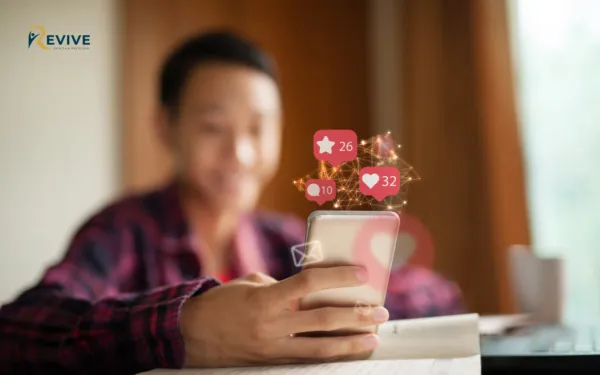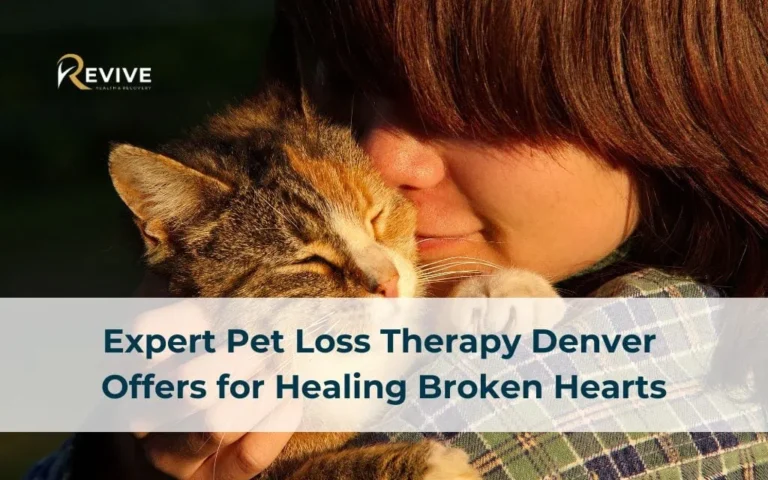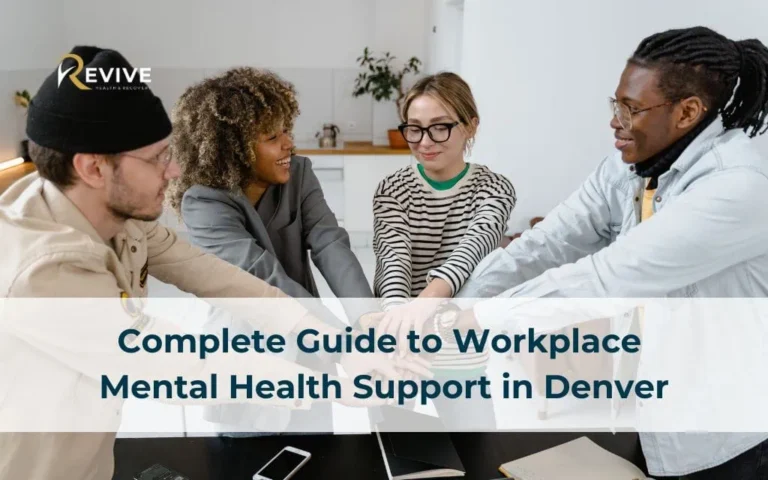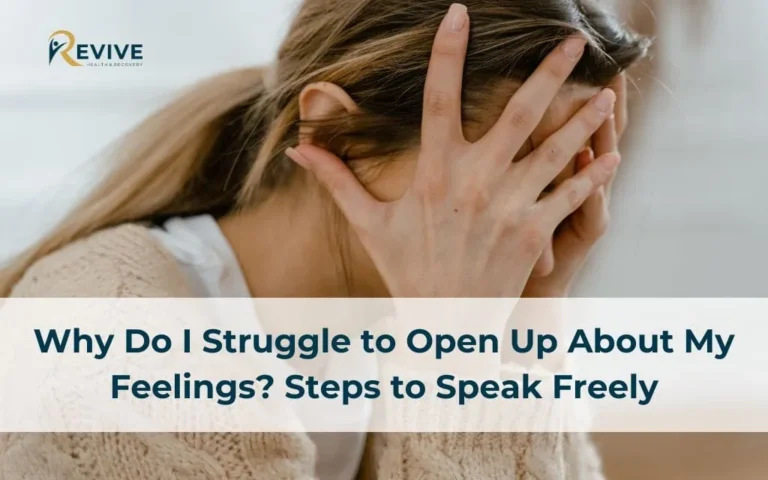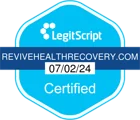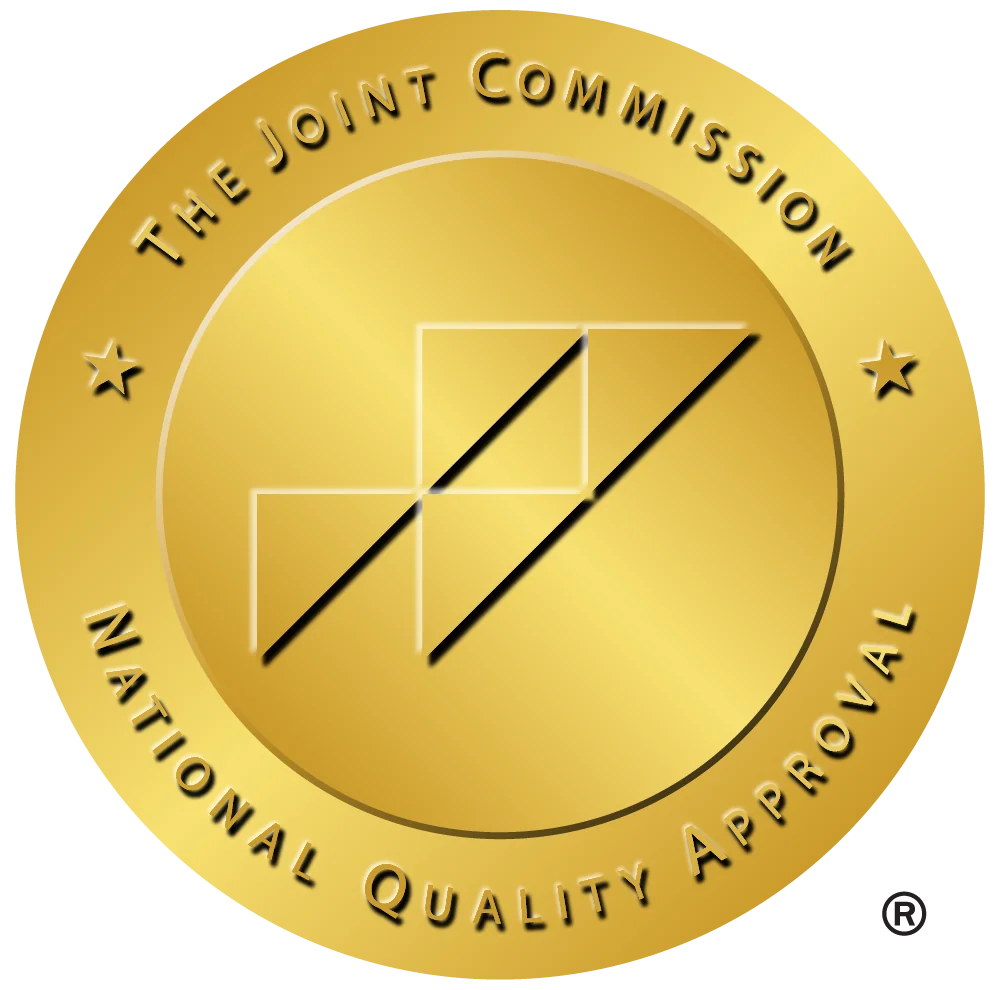In today’s digital age, understanding how social media affects mental health is more important than ever. With billions of people using platforms like Instagram, Facebook, and TikTok daily, the influence on mental well-being is undeniable. While these platforms can foster connection, they also contribute to stress, anxiety, and feelings of inadequacy. In this article, we’ll explore key health topics A-Z, focusing on the impact of social media on mental health and the steps you can take to safeguard your well-being. Revive Health Recovery is here to support you on your journey to better mental health.
The Impact of Social Media on Mental Health That We MUST Know
Positive effect that we cannot help but agree about social media
Social media has become integral to our daily lives, especially among teens and young adults. While it is a growing concern that cannot be overlooked., the impact of social media on mental health still offers numerous benefits.
On one hand, social media fosters connection and community, helping users build relationships and find support. It provides a safe space for sharing experiences, reducing feelings of isolation, and creating a sense of belonging.
Additionally, social media platforms offer easy access to mental health resources and awareness campaigns. These tools help destigmatize mental health issues and promote open discussions, empowering users to seek help and support from advocates and organizations.
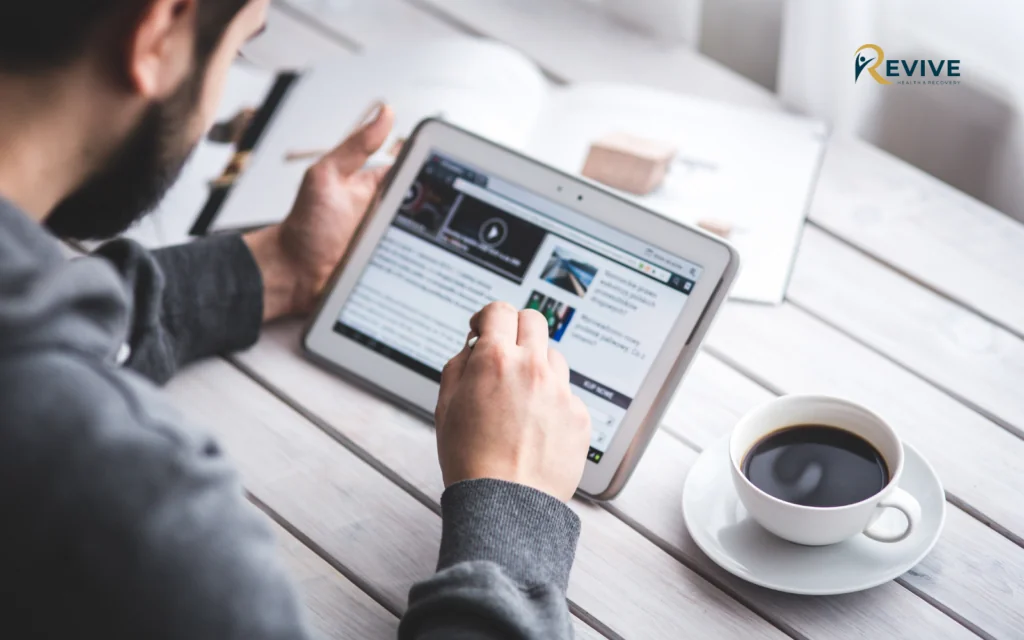
Negative Impact of Social Media on Mental Health That We MUST Know
However, the negative effects are significant and cannot be overlooked. Many users experience comparison and self-esteem issues, largely due to the unrealistic standards portrayed online. The addictive nature of social media activates the brain’s reward center, releasing dopamine—the “feel-good chemical.” When posts receive likes and approval, users feel validated; conversely, a lack of engagement can lead to feelings of inadequacy.
Additionally, the prevalence of filters promotes a narrow focus on physical appearance, creating false illusions that can lead to self-consciousness. The fear of missing out (FOMO) intensifies these feelings, as users compare their lives to others’ highlight reels, often resulting in anxiety and dissatisfaction.
Cyberbullying is another serious concern, with 44% of internet users in the U.S. reporting experiences of online harassment. This form of bullying can severely impact mental health, leading to lasting emotional scars. As we delve deeper into the impact of social media on mental health, it’s essential to understand both its benefits and drawbacks to foster healthier online habits.

Don’t Worry Let’s Start Recognizing Your Social Media Habits
Understanding your social media habits is essential for managing the impact of social media on mental health. Start with self-reflection: take a moment to assess how much time you spend on these platforms and how they make you feel. Consider keeping a journal to track your usage and emotions, noting any patterns that emerge.
Look for signs of negative impact, such as feelings of anxiety, low self-esteem, or fatigue that arise after using social media. If scrolling through your feed leaves you feeling inadequate or drained, it may be time to reevaluate your online interactions. Recognizing these emotional responses is the first step in making informed decisions about your social media habits and prioritizing your mental well-being.

4 Step on how to change our Social Media use
If you believe your social media habits have turned into an addiction or are contributing to feelings of anxiety, depression, FOMO, or isolation, consider these steps to modify your usage:
Step 1: Limit Your Time Online
Research from the University of Pennsylvania indicated that cutting social media use to 30 minutes daily led to notable decreases in anxiety, depression, and FOMO. While such drastic reductions may not suit everyone, being mindful of your usage can still enhance your mood. Track your daily social media time with apps and set achievable reduction goals to limit the Impact of social media on mental health. Turning off notifications, limiting how often you check your accounts, and even removing apps from your phone can help you reclaim your time.

Step 2: Focus Your Intentions
Many people log into social media out of habit. Before you access it, take a moment to consider why you’re doing so—are you looking for genuine connection or merely passing time? If social media often leaves you feeling inadequate, practice gratitude by jotting down the positive aspects of your life. Engage more actively rather than just scrolling mindlessly for a more rewarding experience. Remember, online portrayals are often not reflective of reality.

Step 3: Prioritize Offline Friendships
In-person interactions are vital for emotional well-being. Dedicate time each week to meet friends and family face-to-face, and reconnect with old acquaintances. Joining clubs or groups that align with your interests can help you meet new people. If social anxiety holds you back, start with small interactions with strangers to build your confidence. Real-life relationships can greatly enhance your overall happiness.

Step 4: Cultivate Gratitude
Expressing gratitude can help mitigate negative emotions often heightened by social media. Maintain a gratitude journal to reflect on your positive experiences and the people you appreciate. Instead of airing grievances on social media, focus on private reflections. Practicing mindfulness can help you remain present and lessen FOMO’s effects. Additionally, volunteering can foster a sense of gratitude and happiness through community connection.

Conclusion
In conclusion, the impact of social media on mental health is a BIG concern that requires mindful recognition and management. By reflecting on your social media habits, limiting usage, focusing your intentions, and fostering offline connections, you can take proactive steps to enhance your well-being. However, if you find that these 4 steps are not enough, and you still continue to struggle with feelings of anxiety, low self-esteem, or isolation, it may be time to seek professional help.
We encourage you to reach out to experts who can provide guidance and support your needs. And luckily, Revive Health Recovery Center is home to experienced professionals dedicated to helping individuals navigate the challenges posed by social media and improve their mental health. Remember, you don’t have to face this journey alone – We’re still here by your side when you need us!

Read more:
- Best Mental Health Facility in Colorado: Revive Health Recovery
- Best Long-term mental health facilities in Colorado
- 8 Steps to Mental Health Recovery
- 5 signs you need to take a mental health day and how to tell your boss
